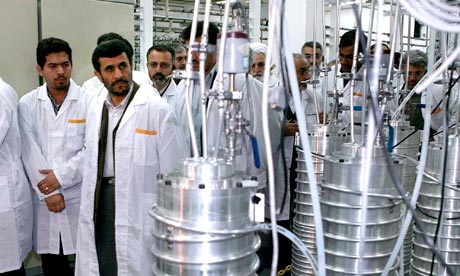 One of the stranger ironies of the controversial defense bill signed recently by President Obama is that, while it eroded the rights of Americans at home, it may have augmented those of detainees in Afghanistan.
One of the stranger ironies of the controversial defense bill signed recently by President Obama is that, while it eroded the rights of Americans at home, it may have augmented those of detainees in Afghanistan.As it stands, detainees in Afghanistan are essentially in limbo. Thanks to a 2008 Supreme Court ruling, Guantanamo detainees have habeas corpus rights and can challenge their detention in federal court. But individuals held by American forces in Afghanistan face military panels where they rarely get to see, let alone challenge, the evidence against them.
"It's Brechtian," says Daphne Eviatar, a senior associate with Human Rights First's Law and Security Program, who observed detainee review board proceedings in Afghanistan last February. "The government says, 'Trust us, we have evidence against you, but we're not going to tell you what it is.'"
That could all change. A little-noticed provision in the National Defense Authorization Act mandates that the administration provide suspected terrorist detainees being held in "long-term" military detention with the option of being represented by military attorneys while their status is evaluated by a military judge. The legislation would offer far more due process to detainees who, until now, haven't had any meaningful opportunities to challenge their detention. According to some legal experts, the measure would be an unprecedented extension of due process rights to detainees who are still being held in a war zone. Ironic, considering that elsewhere in the legislation it further militarizes domestic counterterrorism and hands the president the power to hold certain individuals suspected of terrorism without charge or trial.

























